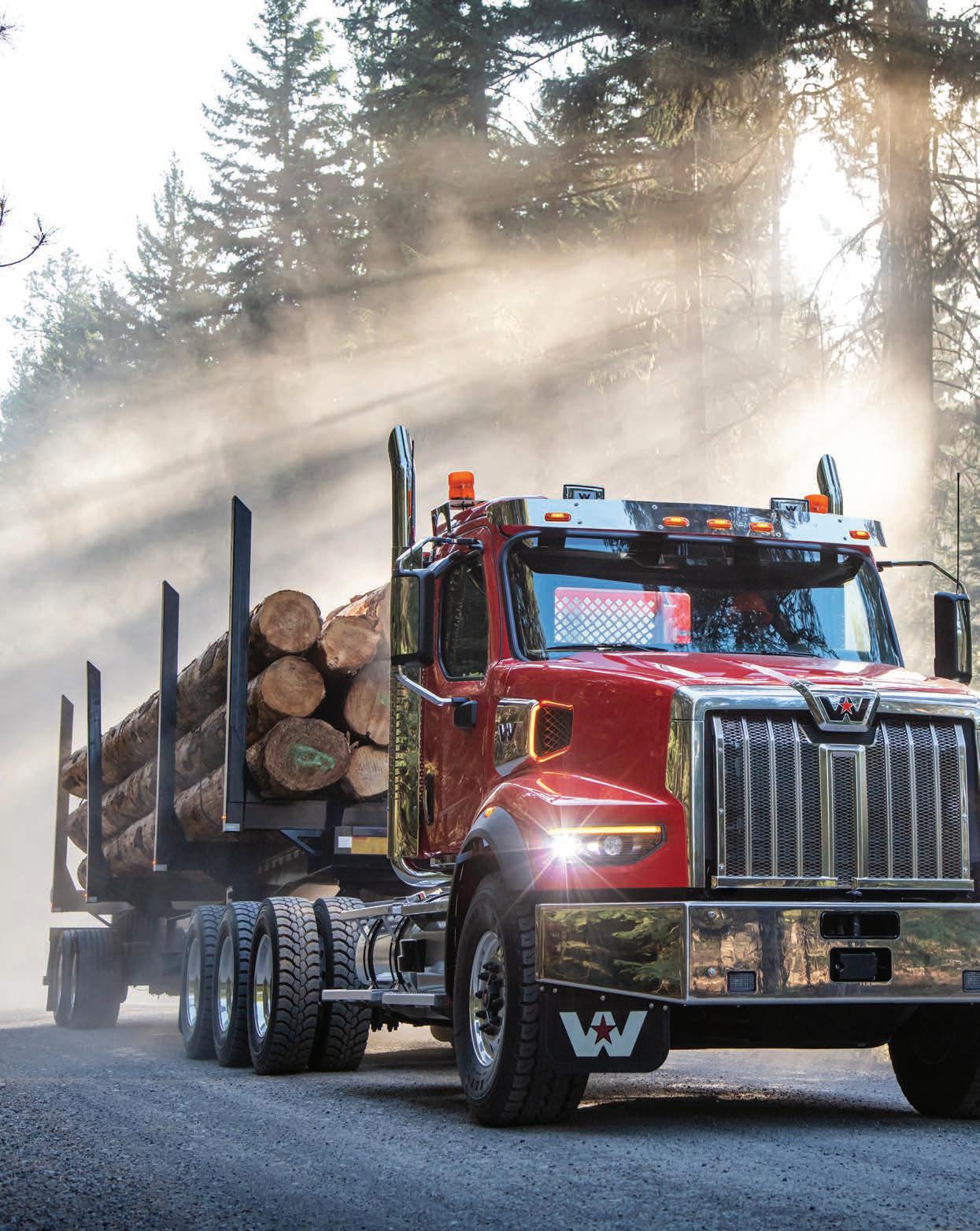RURAL TRUCKING MATTERS
GETTING ANIMAL WELFARE RIGHT There have been many initiatives in recent years aimed at improving animal welfare in the livestock transport industry. Tim Giles visits a groundbreaking training course which is getting the message out to people working in this sector.
T
he entire supply chain for the livestock industry has a responsibility to ensure animals suffer minimal stress throughout – from handover from the stock owner to the transport operator and then to the saleyards manager, livestock agents, stock persons and abattoir personnel. Goodiwindi Regional Council were hosts to a new initiative’s pilot program, alongside Frasers Livestock Transport and the Queensland Trucking Association, with the aim of improving transport practice. Not only has there been increased emphasis on animal welfare from authorities over time, but the livestock industry is realising that poor practice in handling live animals results in a lower performance by those animals, when being prepared for the abattoir. Improving the practice is in overall interest to the livestock transport industry, as it will eventuate in a win-win situation. The animal welfare
34
DIESEL November/December 2020
advocates will see an improvement and the livestock industry will see improved productivity per animal. Surveys have shown that poor practice in handling animals results in increased health issues, such as injuries, feet issues, bruising and animals not feeding properly. Increased mortality rates have also been identified in groups of animals which have not been treated in the best manner. Plus, at the end of the long supply chain, poor animal handling practice leads to a lower quality meat on the table of the consumer. A series of livestock transport workshops were held at the Frasers facility in Goondiwindi recently and drew a number of personnel who work with animals in the supply chain to learn from the experts about efficient handling of stock. The mentor brought in by the workshop was Tom Shephard, a well -known stock handling expert, whose life’s work has been in improving the human to livestock
The mentor brought in by the workshop was Tom Shephard, a well -known stock handling expert.
interface. Those attending were reminded that producers will use livestock transport companies that they trust to handle their livestock in the best way. Poor animal welfare practices may well result in a loss of business for the livestock transporter who does not keep up to speed with the latest animal welfare guidelines and protocols. On average, livestock will travel over 500 km from the farm gate to the eventual processor. This journey can involve numerous stops and transfers between feedlot, saleyards and vehicles, especially when there are different livestock loading regulations across state borders.




